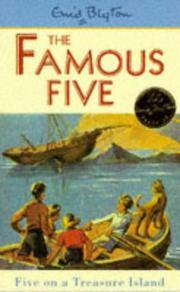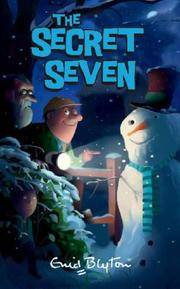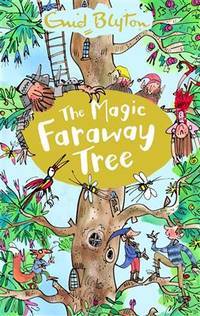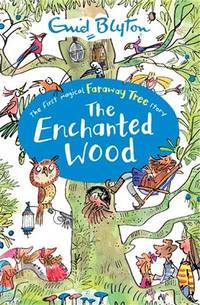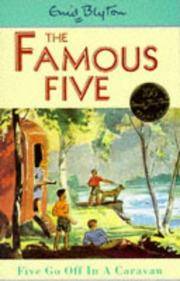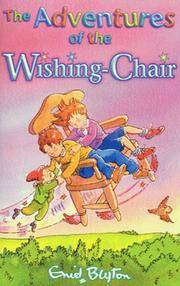She is noted particularly for numerous series of books, based on recurring characters and designed for different age groups.
Her prolific output involves mainly children's fantasy, which sometimes involves the supernatural. Her books were immensely popular in Britain, India and Australia and have remained popular. They were translated into 40 languages, including Malay, Spanish, French, Finnish, German, Japanese and Hebrew. Translated versions became and have remained extremely popular in many parts of Europe and Asia.
She wrote hundreds of other books for young and older children. She also filled a large number of magazine pages, particularly the long-running Sunny Stories. An estimate puts her total book publication at around 600 titles, not including decades of magazine writing. It is said at one point she produced 10,000 words a day.
Such astonishingly prolific output led many to believe that some of her work was ghost-written. No ghost writers have come forward. She used a pseudonym Mary Pollock for a few titles (middle name plus first married name). In her last few years of life she suffered from Alzheimer's Disease. The last volumes in her most famous series were published in 1963. Many books still appeared, but were mainly story books made up from re-cycled work.
Not all of her output was fiction. For example, her series of arithmetic books were for many years the standard in primary schools in the UK. She also wrote numerous books on nature and Biblical themes.
Subject matter
Blyton's books managed to tap into the dreams of pre-pubescent children. The code words are 'mystery' and 'adventure'. Children are free to play and explore without adult interference, more clearly than in most authors before or since. Adult characters are usually either authority figures such as policemen, teachers, or parents, or adversaries to be conquered by the children. The children are often self-sufficient, spending whole days, or even more than one day, away from home. This theme is taken to its extreme in She wrote hundreds of other books for young and older children. She also filled a large number of magazine pages, particularly the long-running Sunny Stories. An estimate puts her total book publication at around 600 titles, not including decades of magazine writing. It is said at one point she produced 10,000 words a day.
Such astonishingly prolific output led many to believe that some of her work was ghost-written. No ghost writers have come forward. She used a pseudonym Mary Pollock for a few titles (middle name plus first married name). In her last few years of life she suffered from Alzheimer's Disease. The last volumes in her most famous series were published in 1963. Many books still appeared, but were mainly story books made up from re-cycled work.
Not all of her output was fiction. For example, her series of arithmetic books were for many years the standard in primary schools in the UK. She also wrote numerous books on nature and Biblical themes.
Subject matter
Blyton's books managed to tap into the dreams of pre-pubescent children. The code words are 'mystery' and 'adventure'. Children are free to play and explore without adult interference, more clearly than in most authors before or since. Adult characters are usually either authority figures such as policemen, teachers, or parents, or adversaries to be conquered by the children. The children are often self-sufficient, spending whole days, or even more than one day, away from home. This theme is taken to its extreme in
The Secret Island, wherein a group of children run away from uncaring guardians to live on an island together, making a home and fending for themselves until their parents return.
Blyton's books are generally split into three types. One involves ordinary children in extraordinary situations; having adventures, solving crimes, or otherwise finding themselves in unusual circumstances. Examples include
The Famous Five and
Secret Seven, and the Adventure series. The second type is the boarding school story; the plots of these are usually less extraordinary than the first type, with more emphasis on the day-to-day life at a boarding school. This is the world of the midnight feast, the practical joke, and the social interaction of the various types of character that can be found at school. Examples of this type are the
Malory Towers stories, the St Clare's series, and the
Naughtiest Girl books.
The third type is the fantastical. Children are typically transported into a magical world in which they meet fairies, goblins, elves, or other fantastical creatures. Examples of this type are the Wishing-Chair books and
The Magic Faraway Tree.




